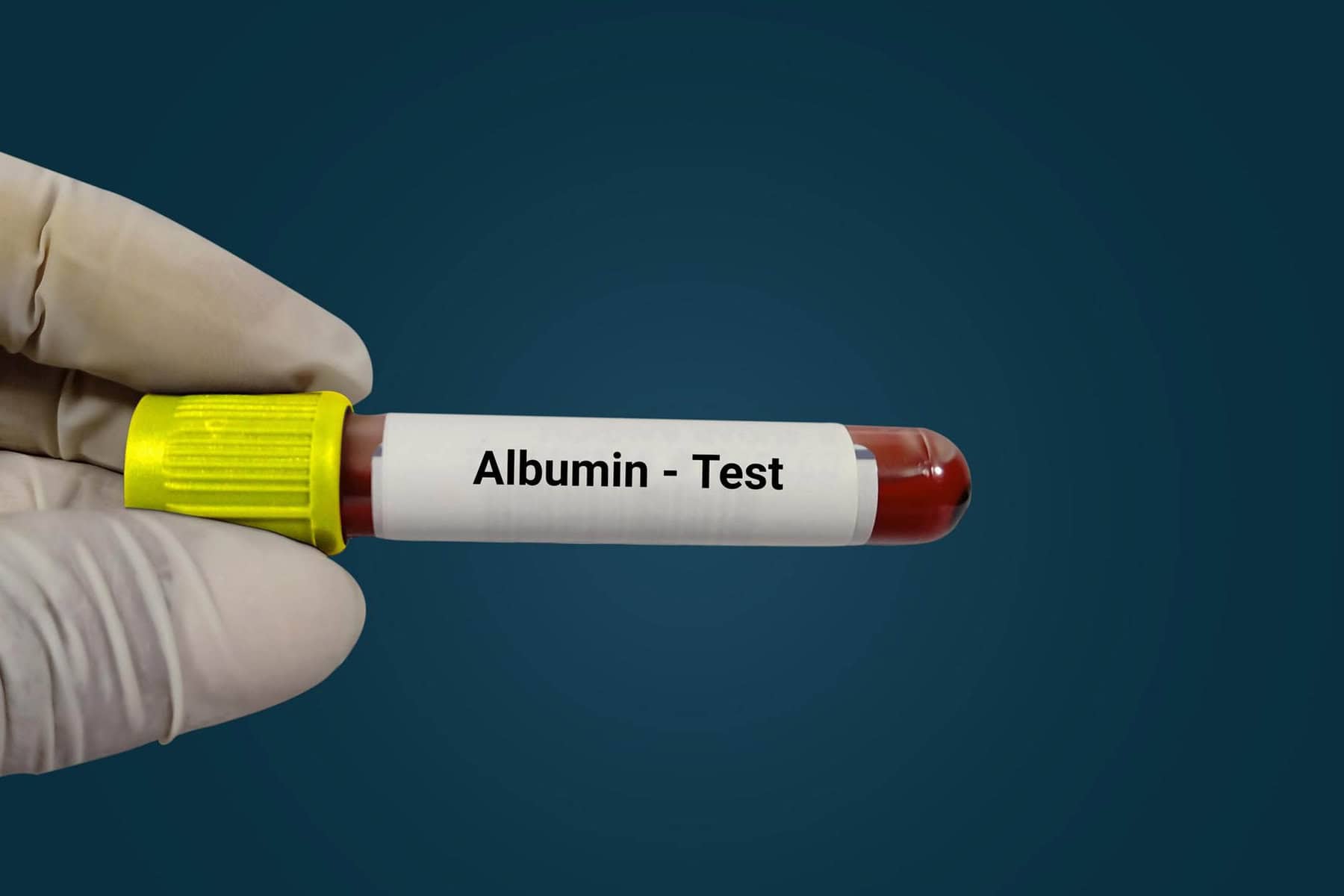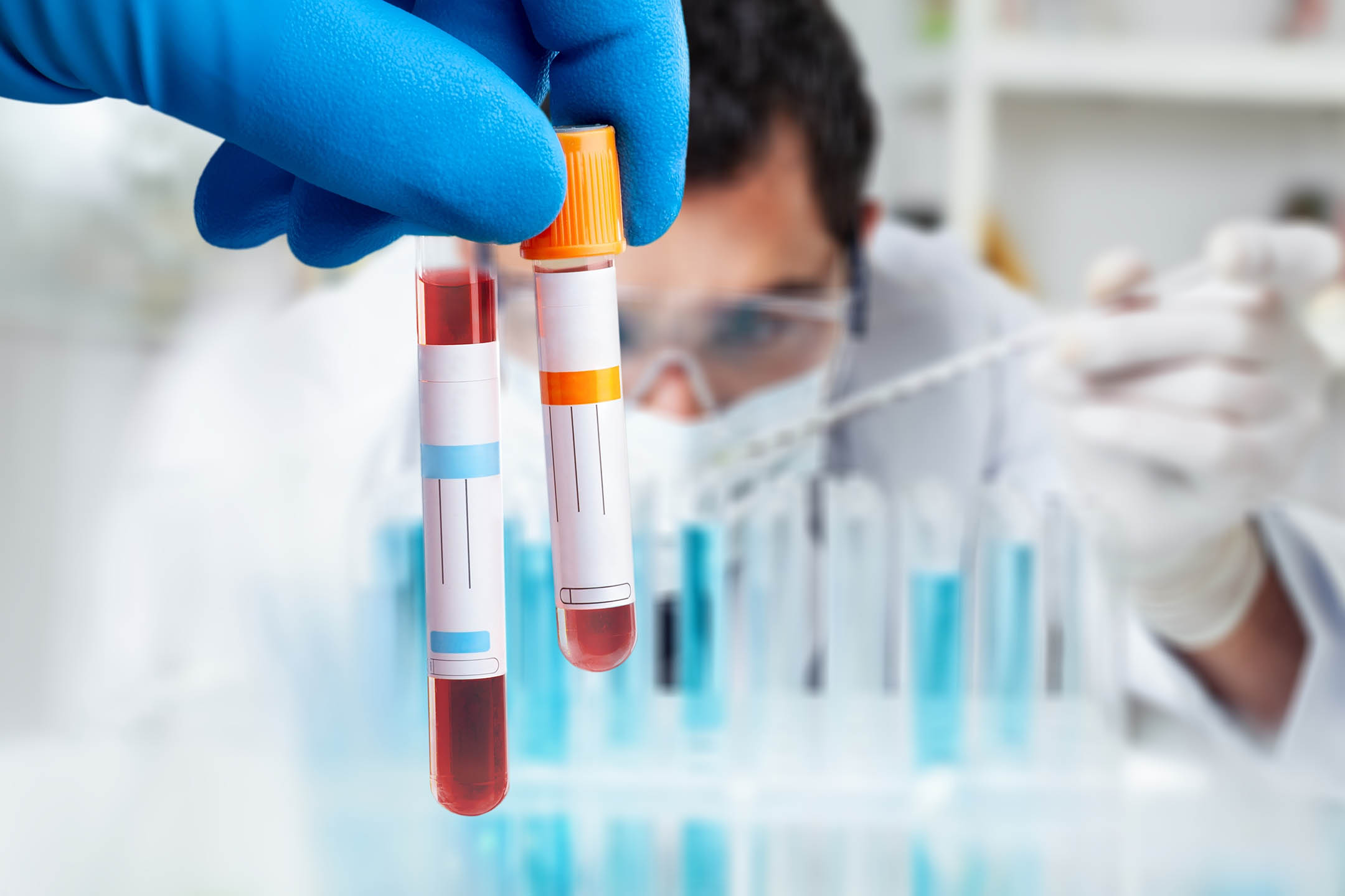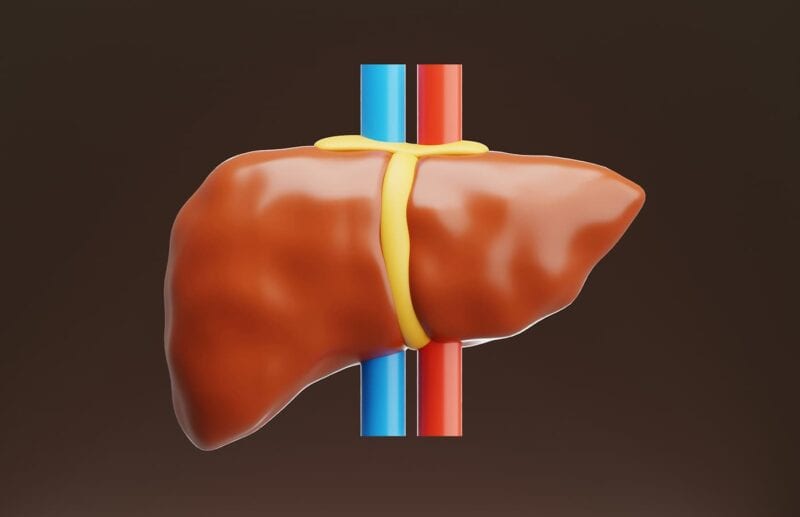Albumin test in Reading
An albumin test is a key part of assessing your overall health, particularly liver and kidney function. It measures the levels of albumin, a protein made by the liver that plays an essential role in maintaining fluid balance and transporting vital substances in the blood. Whether part of a general check-up or a targeted investigation, this simple test can reveal important insights into your body’s ability to regulate and heal. At The Forbury Clinic, we ensure every result is reviewed by experienced clinicians who will help you understand what it means for your health.

What is an albumin test?
An albumin test measures the concentration of albumin in your blood. Albumin is the most abundant protein in your bloodstream and plays a critical role in keeping fluid from leaking out of blood vessels, transporting hormones and nutrients and supporting tissue growth and repair.
This test is often requested as part of a wider blood panel when investigating liver or kidney health, monitoring chronic conditions or evaluating symptoms such as swelling, fatigue or weight changes.
Why is the albumin test performed?
Doctors may recommend an albumin test for several reasons. It is commonly used to:
- Check for signs of liver or kidney disease
- Monitor chronic conditions such as hepatitis or nephrotic syndrome
- Evaluate nutritional status in people with unexplained weight loss or digestive disorders
- Assess recovery from surgery or serious illness
A drop in albumin levels can be an early warning sign that your body is not producing enough protein or is losing it faster than it can be replaced.


What does the albumin test measure?
This test measures the amount of albumin circulating in your blood. Albumin is produced in the liver and is essential for maintaining oncotic pressure, which keeps fluid inside your blood vessels. Low levels can suggest problems with liver production, kidney filtration or protein loss due to inflammation or malabsorption.
In clinical practice, albumin is often tested alongside other markers such as liver enzymes, total protein and kidney function tests to provide a more complete view of your health.
What is considered a normal albumin level?
Albumin levels are usually reported in grams per litre (g/L). A typical normal range for adults is approximately 35 to 50 g/L, but this can vary slightly depending on the laboratory and your individual health profile.
Levels below this range may require further investigation to understand the cause. Slight variations may be benign, while more significant drops may signal underlying health issues that need to be addressed.
Can a low albumin level indicate liver disease or cirrhosis?
Yes, low albumin levels are often associated with liver conditions, including cirrhosis. The liver is responsible for producing albumin, so when it becomes damaged or scarred, its ability to synthesise proteins may decline. This can lead to symptoms such as fluid retention, swelling in the legs or abdomen and fatigue.
However, low albumin is not specific to liver disease and can also result from kidney conditions, poor nutrition, chronic inflammation or gastrointestinal disorders. At The Forbury Clinic, we assess albumin results in context to ensure a balanced and thorough diagnosis.


Why Choose The Forbury Clinic?
Choosing The Forbury Clinic means choosing clarity, compassion and clinical excellence. Our albumin tests are part of a consultant-led diagnostic service designed to deliver accurate results with careful, personalised interpretation.
We are fully CQC-registered and based in Reading, offering expert care in a discreet and welcoming setting. From first appointment to follow-up, we prioritise your understanding, comfort and long-term wellbeing.
Book your private albumin test in Reading today. Whether you are monitoring a known condition or looking for peace of mind, our team is here to guide you every step of the way.











